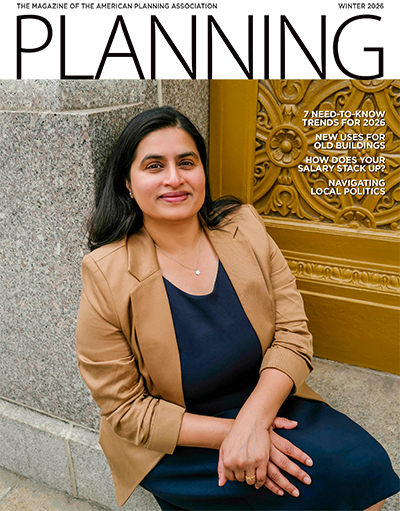April 15, 2022
Every 26 seconds, a student drops out of school in the U.S.
That's the opening message of I Promise, a new documentary from Marc Levin about an innovative school and partnership between Akron, Ohio's public system and the LeBron James Family Foundation.
Yes, that LeBron James. The basketball legend has decided to put his name, his fame, and his commitment to community in service to create a new kind of public school in his hometown. And even at this early stage, the promise is evident.
The I Promise School launched in 2018 with 240 third and fourth graders, but it already has plans to expand each year to help launch students into high school and beyond. Unlike many charter schools, pupils were selected from the lower 25 percent of the district based on standardized test performance. These are the kids, the school argues, that are most at risk of missing days, falling behind, being held back, and dropping out. (James has a personal connection there: He shares that as a child, he once missed 80 days of school in a single year.)
The film begins, as one might expect, with all the fanfare and publicity around James and his plans for the school. But to the credit of both director and celebrity, the spotlight quickly shifts to where it belongs: the students, the staff, and the vision. After the first three minutes, LeBron gracefully exits the scene, only appearing in a few cameos and surprise events afterward — and always very grounded, very present, very committed. He seems acutely aware of the delicate balance here, requiring him to step aside enough to keep the focus on the school, but showing up enough to deliver on his true commitment and follow-through.
Instead of making James the protagonist, the story steps in close, selecting a handful of students for us to really get to know. It's a wise, effective approach, reminding us that these kids are not just statistics or test scores, but little humans with strengths and weaknesses, hopes and dreams, and fears and challenges.
This approach mirrors the way the school invests heavily in the importance of personal connections: being there, showing up, never giving up, seeing each kid for who they are, and working to bring out the best in them. It's about the whole person, their emotional and social skills, and not just the "three Rs" and statewide assessment tests. Discipline, classroom management, rules, and expectations of performance are all important, but they matter in relationship to other people, not as abstract, sterile concepts. The school's slogan, emblazoned on nearly every t-shirt, banner, and sign in the building, sums it all up: "We Are Family."
Importantly, as the film explores, this commitment to viewing "school as family" extends beyond the classroom, focusing not only on the students, but also their parents, home life, housing, healthcare, nutrition, and neighborhoods. Many of the resulting insights will be familiar to planners and community developers: How can students learn if they come to school hungry? How can parents provide supportive environments at home when they don't have steady employment or stable housing? How can our kids focus in school if they don't feel safe in their neighborhoods?
And so, even in its first years, the school expands its mission, connecting kids with mental health counseling, opening a food pantry right in the building, and starting plans for an "I Promise Village" to provide housing and community services.
Equally refreshing, the school stresses the importance of building these systems and relationships over the long-term. ("This is not instant oatmeal, just add water," explains James.) The partners are honest about the need to take chances, to experiment, and to learn as they grow together, including through missteps and failures — which, importantly, are not the same as giving up.
The film, for its part, is equally honest about the difficulties involved, and the fact that these are complex dynamics without easy solutions. At times, it's painful to witness the layers of stress and trauma the students face, and to see the ways they struggle and, at times, act out in response. But through it all, the film delivers an optimistic vision: If we don't give up on our young learners, they won't, either.
Watch I Promise for free now on YouTube.




